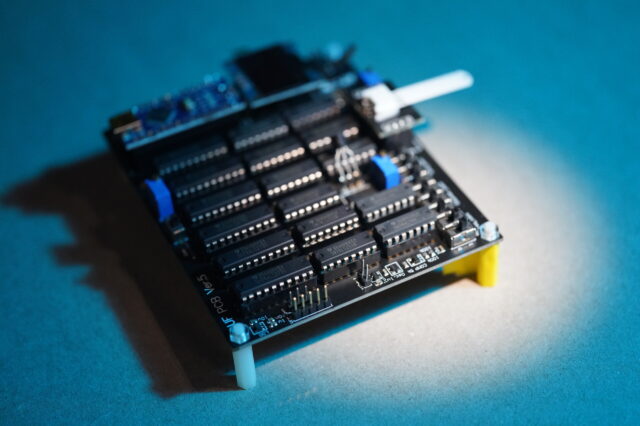Definition
This blood test shows if you have antibodies against the virus that causes COVID-19. Antibodies are proteins produced by the body in response to harmful substances, such as viruses and bacteria. Antibodies may help protect you from getting infected again (immune).
The COVID-19 antibody test is not used to diagnose a current infection with COVID-19. To test if you are currently infected, you will need a SARS-CoV-2 (or COVID-19) virus test.
Alternative Names
SARS CoV-2 antibody test; COVID-19 serologic test; COVID 19 - past infection
How the Test is Performed
A blood sample is needed.
The blood sample will be sent to a laboratory for testing. The test can detect one or more types of antibodies to SARS-CoV-2, the virus that causes COVID-19.
How to Prepare for the Test
No special preparation is needed.
How the Test will Feel
When the needle is inserted to draw blood, some people feel moderate pain. Others feel only a prick or stinging. Afterward, there may be some throbbing or a slight bruise. This soon goes away.
Why the Test is Performed
The COVID-19 antibody test can show if you were infected with the virus that causes COVID-19.
Normal Results
The test is considered normal when it is negative. If you test negative, you likely have not had COVID-19 in the past.
However, there are other reasons that may explain a negative test result.
- It typically takes 1 to 3 weeks after infection for antibodies to show up in your blood. If you are tested before antibodies are present, the result will be negative.
- This means that you could have recently been infected with COVID-19 and still test negative.
- Talk with your health care provider about whether you should have this test repeated.
Even if you tested negative, there are steps you should take to avoid getting infected or spreading the virus. These include practicing physical distancing and wearing a face mask.
What Abnormal Results Mean
The test is considered abnormal when it is positive. This means you have antibodies to the virus that causes COVID-19. A positive test suggests:
- You may have been infected with SARS-CoV-2, the virus that causes COVID-19.
- You may have been infected with another virus from the same family of viruses (coronavirus). This is considered a false positive test for SARS-CoV-2.
- Because people vaccinated against SARS-CoV-2 commonly have positive antibody tests to the S (spike) protein, a positive antibody test does not always mean you were infected with SARS-CoV-2.
You may or may not have had symptoms at the time of the infection.
A positive result does not mean that you are immune to COVID-19. It is not certain if having these antibodies means that you are protected from future infections, or for how long the protection might last. Talk with your provider about what your test results mean. Your provider may recommend a second antibody test for confirmation.
If you tested positive and you have symptoms of COVID-19, you may need a diagnostic test to confirm an active infection with SARS-CoV-2. You should isolate yourself in your home and take steps to protect others from getting COVID-19. You should do this immediately while waiting for more information or guidance. Contact your provider or local health department to find out what to do next.
References
Centers for Disease Control and Prevention website. COVID-19: Interim guidelines for COVID-19 antibody testing. www.cdc.gov/coronavirus/2019-ncov/lab/resources/antibody-tests-guidelines.html. Updated December 16, 2022. Accessed January 24, 2023.
Centers for Disease Control and Prevention website. COVID-19 Testing: What You Need to Know. www.cdc.gov/coronavirus/2019-ncov/symptoms-testing/testing.html#testing-for-antibodies. Updated September 28, 2022. Accessed January 24, 2023.
